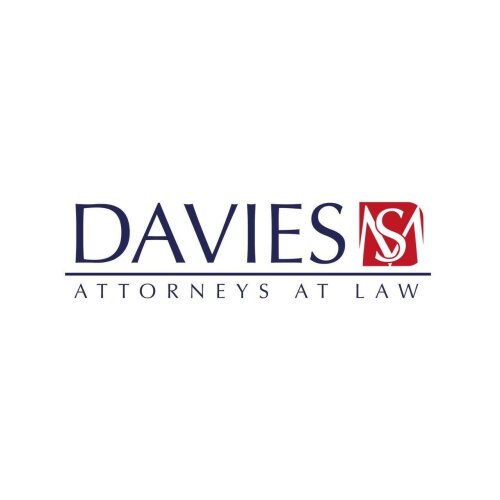Best Citizenship Lawyers in Phnom Penh
Share your needs with us, get contacted by law firms.
Free. Takes 2 min.
List of the best lawyers in Phnom Penh, Cambodia
About Citizenship Law in Phnom Penh, Cambodia:
The process of becoming a citizen in Phnom Penh, Cambodia is guided by the kingdom's nationality law which is regulated by the Cambodian constitution. According to this law, one can become a Cambodian citizen by birth, by having Cambodian parents, by marriage, or by naturalization. A thorough understanding of the procedures, document requirements, and legal rights is necessary, which is often provided by legal counsel.
Why You May Need a Lawyer:
In many situations, people may require legal help in the process of acquiring Cambodian citizenship. This includes understanding the complex citizenship law, preparation of necessary documents, navigating through any legal hurdles and ensuring that the legal processes are correctly followed. A lawyer can also assist in the event of disputes or complications, such as issues pertaining to dual citizenship or cases of citizenship fraud.
Local Laws Overview:
The citizenship law in Cambodia is often complex and has many nuances. According to Article 33 of the Cambodian constitution, a person may be a Cambodian citizen if they are born in Cambodia, have one or both parents who are Cambodian citizens, or through marriage to a Cambodian spouse or by naturalization. The law also recognises dual citizenship. However, issues related to naturalization require a detailed understanding of Cambodian laws which also involve knowledge of Khmer language and good behavior. Consulting with a local law expert is always recommended to ensure proper understanding and adherence to the law.
Frequently Asked Questions:
1. Can one hold dual citizenship in Cambodia?
Yes, dual citizenship is recognized in Cambodia and there are no restrictions in maintaining dual nationalities.
2. Is citizenship guaranteed by marriage?
Marriage to a Cambodian citizen can expedite the process of obtaining citizenship but it is not a guarantee. Certain legal requirements still need to be met.
3. Can citizenship be revoked?
Citizenship acquired by naturalization can be revoked if the person is found guilty of certain serious crimes or offenses against the state.
4. What are the requirements for naturalization?
Some of the principal requirements include: long-term residency in Cambodia, ability to speak and write Khmer, and no criminal record.
5. Does having a Cambodian child grant citizenship?
Having a child of Cambodian nationality does not automatically grant the parents Cambodian citizenship. They would still need to follow standard procedures.
Additional Resources:
Government bodies such as Cambodia's Ministry of Interior, the Department of Immigration, and the Nationality Department are primary resources for those seeking legal advice on citizenship. Local legal aid organizations and NGOs also often provide advice and assistance on these matters.
Next Steps:
If you need legal assistance with citizenship law in Cambodia, it is advisable to consult with a knowledgeable and certified attorney who specializes in Cambodian citizenship law. Prepare a list of questions and concerns, and collect relevant personal documents prior to your consultation. This will help the legal counsel understand your situation and advice accordingly.
Lawzana helps you find the best lawyers and law firms in Phnom Penh through a curated and pre-screened list of qualified legal professionals. Our platform offers rankings and detailed profiles of attorneys and law firms, allowing you to compare based on practice areas, including Citizenship, experience, and client feedback.
Each profile includes a description of the firm's areas of practice, client reviews, team members and partners, year of establishment, spoken languages, office locations, contact information, social media presence, and any published articles or resources. Most firms on our platform speak English and are experienced in both local and international legal matters.
Get a quote from top-rated law firms in Phnom Penh, Cambodia — quickly, securely, and without unnecessary hassle.
Disclaimer:
The information provided on this page is for general informational purposes only and does not constitute legal advice. While we strive to ensure the accuracy and relevance of the content, legal information may change over time, and interpretations of the law can vary. You should always consult with a qualified legal professional for advice specific to your situation.
We disclaim all liability for actions taken or not taken based on the content of this page. If you believe any information is incorrect or outdated, please contact us, and we will review and update it where appropriate.









